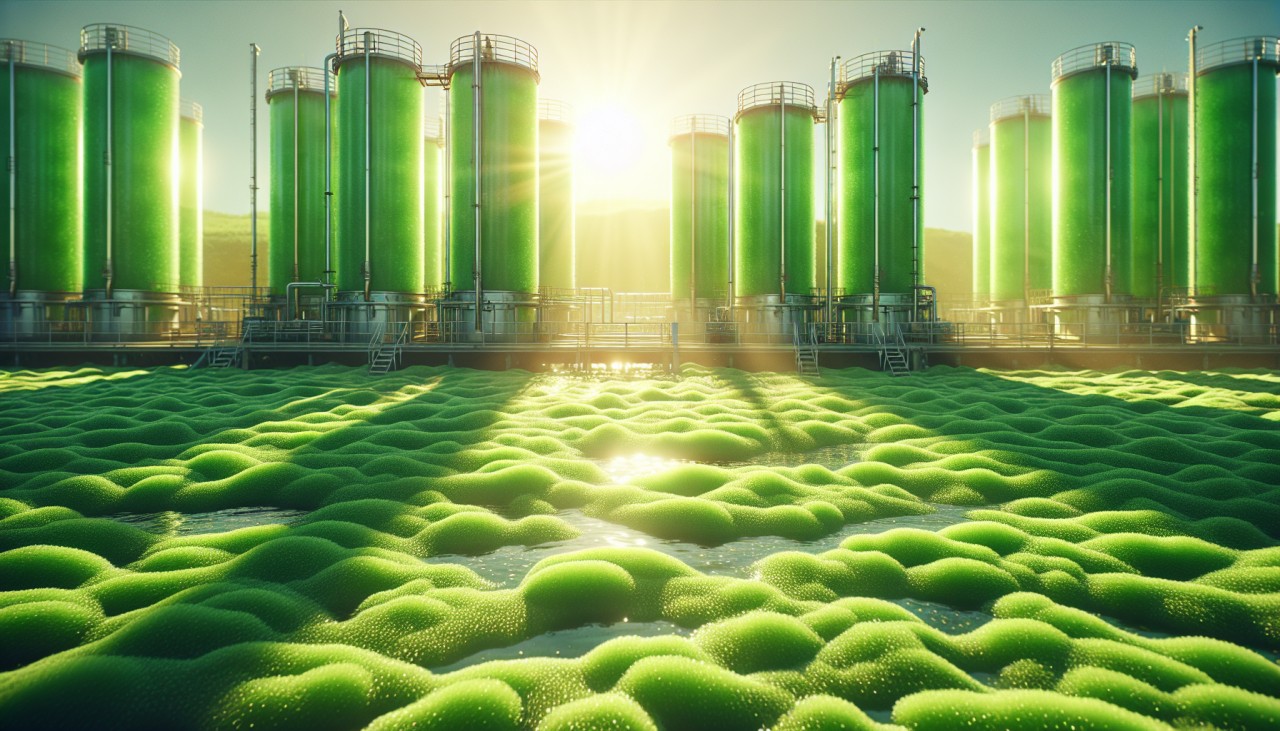Algae biofuels have been at the forefront of sustainable energy discussions, offering a renewable source of energy that doesn't compete with food crops. Algae's high lipid content makes them ideal candidates for biodiesel production, with some species capable of producing up to 60% of their dry weight in oil. This efficiency surpasses that of traditional oilseed crops like soybeans, which yield only 2-3% oil. Moreover, algae can be cultivated in diverse environments, including wastewater and saline water, reducing the strain on freshwater resources. Their rapid growth rates and high photosynthetic efficiency further enhance their appeal as a biofuel source. en.wikipedia.org
However, despite these advantages, the large-scale commercialization of algae biofuels faces significant hurdles. Recent research indicates that the energy and infrastructure required for algae cultivation and processing may offset the environmental benefits of the resulting biofuel. The construction of algae farms, especially those utilizing artificial light and controlled environments, demands substantial initial investment. Additionally, the energy-intensive nature of processing algae into biodiesel adds to the overall costs. These factors have led some industry leaders to reconsider their involvement in algae biofuel projects. canarymedia.com
Key Takeaways
- Algae can produce up to 60% oil by dry weight, surpassing traditional oilseed crops.
- They can be cultivated in diverse environments, including wastewater and saline water.
- Recent studies suggest that the energy and infrastructure costs may offset environmental benefits.
- High initial investments and energy-intensive processing are significant barriers to commercialization.
- Some industry leaders are reevaluating their involvement in algae biofuel projects.
